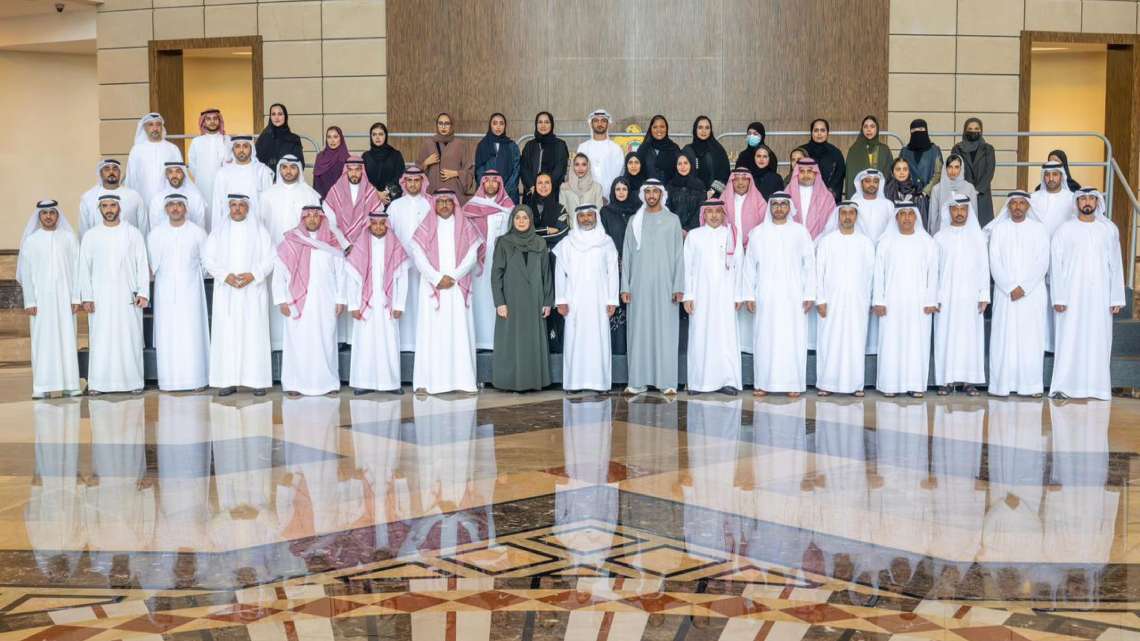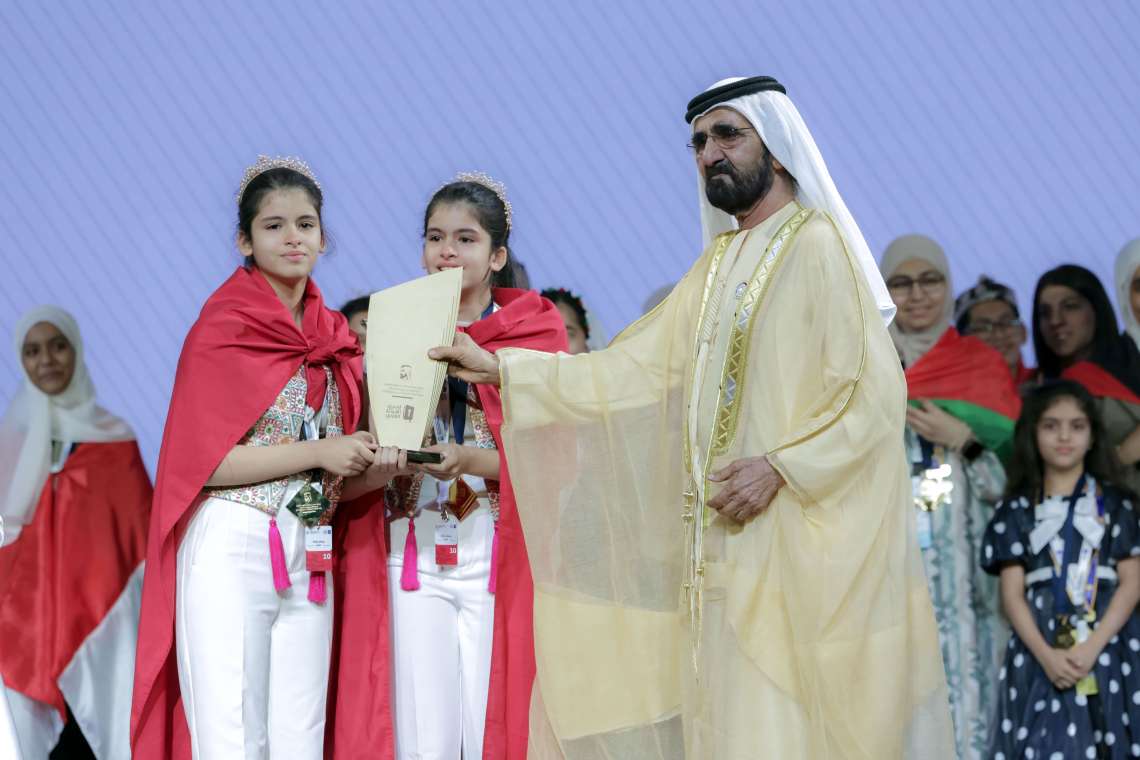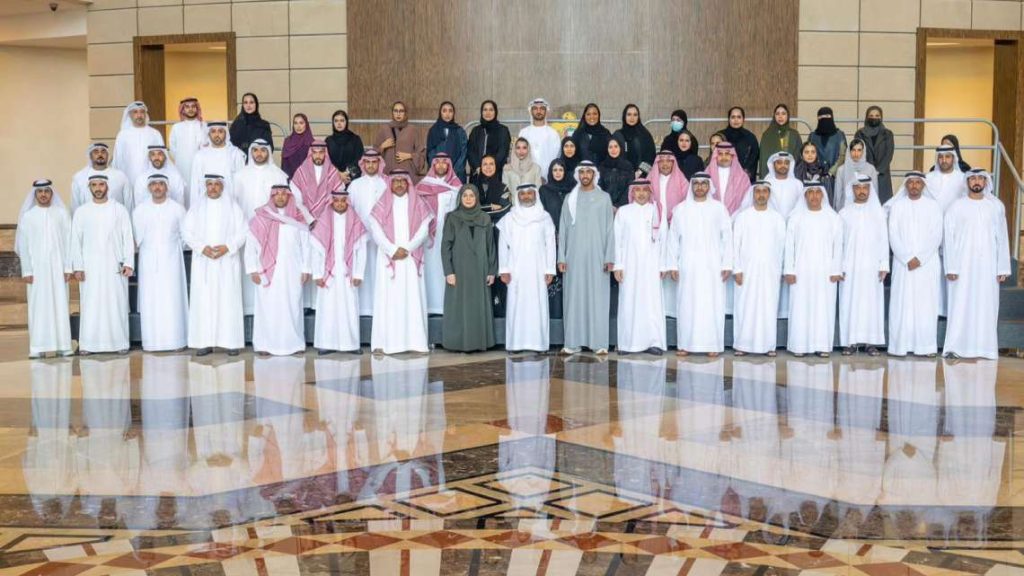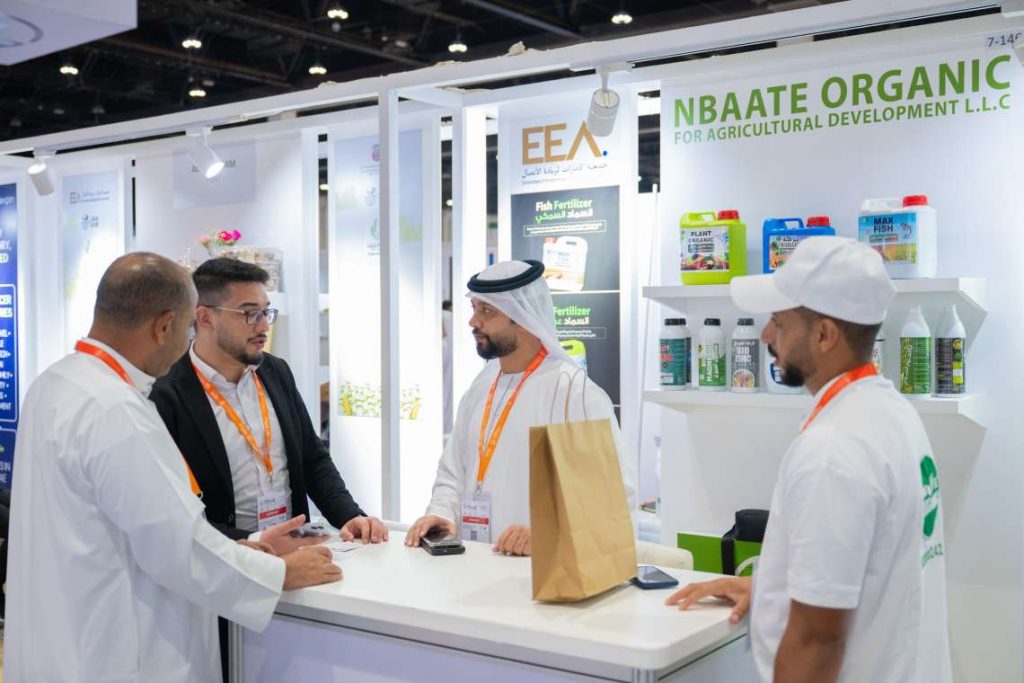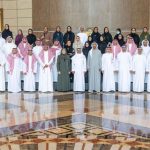The newly reconstituted Council will be chaired by His Highness Sheikh Tahnoon bin Zayed Al Nahyan, with His Highness Sheikh Khaled bin Mohamed bin Zayed Al Nahyan serving as Vice-Chairman….reports Asian Lite News
President His Highness Sheikh Mohamed bin Zayed Al Nahyan, in his capacity as Ruler of Abu Dhabi, has issued a resolution reconstituting the Artificial Intelligence and Advanced Technology Council (AIATC). The move underscores the UAE’s continued commitment to positioning itself at the forefront of technological innovation, governance, and global AI ethics.
The newly reconstituted Council will be chaired by His Highness Sheikh Tahnoon bin Zayed Al Nahyan, with His Highness Sheikh Khaled bin Mohamed bin Zayed Al Nahyan serving as Vice-Chairman. Among the Council’s distinguished members are Khaldoon Khalifa Al Mubarak as Secretary-General, Dr Ahmed Mubarak bin Nawi Al Mazrouei, Dr Sultan Ahmed Al Jaber, Jassem Mohamed Bu Ataba Al Zaabi, Humaid Obaid Abushibs, Mohamed Hassan Al Suwaidi, Faisal Abdulaziz Al Bannai, Ahmed Tamim Hisham Al Kuttab, and Peng Xiao.
Since its inception, the AIATC has been the driving force behind the regulation, development, and implementation of policies surrounding artificial intelligence and advanced technologies in Abu Dhabi. The Council also leads strategic funding, research, and investment initiatives with local and international partners, aligning its efforts with the vision of the country’s leadership to create a globally competitive digital ecosystem.
The Council’s reconstitution coincides with the implementation of the Abu Dhabi Digital Government Strategy 2025–2027, which seeks to make Abu Dhabi the world’s first fully AI-native government by 2027.
The Council’s reconstitution coincides with the implementation of the Abu Dhabi Digital Government Strategy 2025–2027, which seeks to make Abu Dhabi the world’s first fully AI-native government by 2027. This ambitious plan aims to integrate artificial intelligence across public services, streamline governance, and foster a sustainable digital transformation framework that prioritises innovation, efficiency, and public trust.
The UAE’s efforts to advance responsible technology governance were further reinforced through a parallel global dialogue led by Sheikh Abdallah Bin Bayyah, Chairman of the UAE Council for Fatwa and President of the Abu Dhabi Forum for Peace. Speaking at the “Ethics of Artificial Intelligence” seminar organised by the Forum in collaboration with the World Economic Forum, Sheikh Bin Bayyah called for the establishment of a universal ethical framework for AI — one that brings together religious scholars, philosophers, scientists, and policymakers.
Addressing delegates at the “Faith and Technology Dinner” held in Dubai, he emphasised that the true challenge of the AI era lies not in achieving progress, but in ensuring that innovation serves humanity rather than undermines it. “What distinguishes humans,” he said, “is not just knowledge, but the wisdom to use it for good.”
Bin Bayyah warned that scientific and technological advancements devoid of moral guidance risk transforming tools of progress into instruments of harm. He urged that global AI governance must be guided by principles derived from shared human values — mercy, justice, wisdom, and truthfulness — to ensure AI remains a force for compassion and peace rather than exploitation or control.
“Artificial intelligence must not become intelligence without conscience,” he cautioned, adding that human wisdom must be embedded within machine intelligence to maintain a balance between innovation and responsibility.

He commended the UAE’s leadership for promoting the ethical and responsible use of emerging technologies and for ensuring that technological advancement remains rooted in the service of humanity. He also referred to the UAE’s statement at the United Nations General Assembly, reiterating the country’s stance on the moral governance of AI and its potential to contribute to global peace and sustainable development.
Bin Bayyah concluded by calling on international institutions, faith leaders, and policymakers to collaborate in transforming shared values into actionable principles and enforceable policies. “Responsibility in this field is collective and transnational,” he said. “Together, we must ensure that AI becomes a global force for good — one that builds a world more just, more compassionate, and more peaceful.”
The UAE’s latest actions — from restructuring the AIATC to initiating global conversations on AI ethics — highlight its dual commitment to both technological leadership and moral responsibility. As artificial intelligence reshapes economies and societies worldwide, Abu Dhabi is positioning itself not only as a hub for innovation, but also as a beacon for ethical governance in the digital age.



